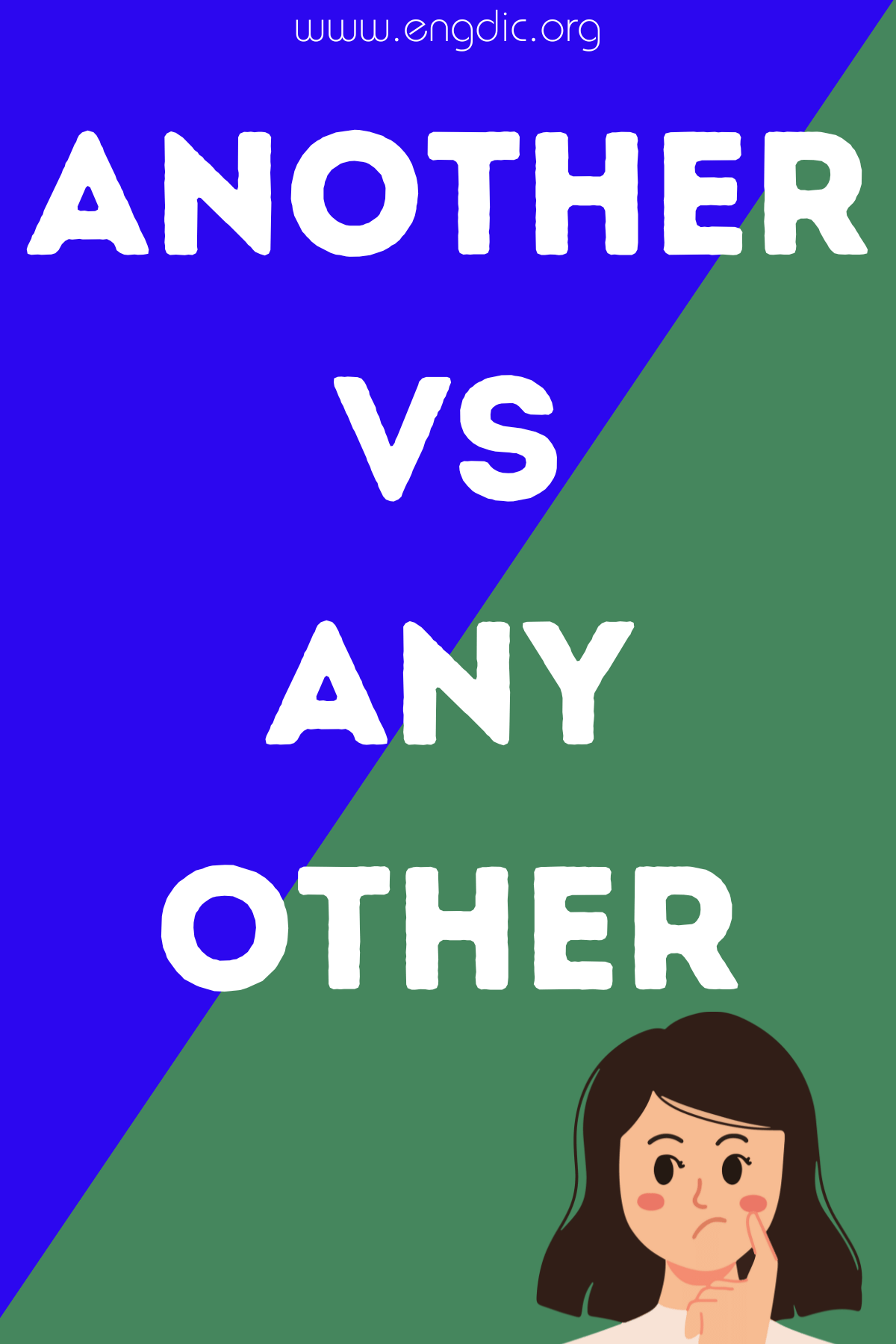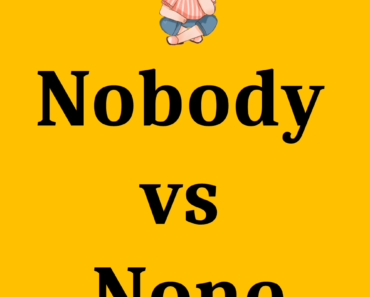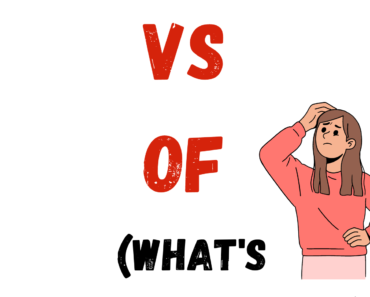When distinguishing between “another” and “any other,” the key lies in their application in describing alternatives or additional items in different contexts.
“Another” refers to one more item of the same type, often used to indicate a direct continuation or replacement in a sequence. For instance, if you finish one book and start another, the implication is a succession of similar items.
Conversely, “any other” implies a choice among many alternatives, excluding the one previously mentioned or considered. It emphasizes uniqueness or exclusion within a larger group or set.
Definition and Usage
Another
- Definition: “Another” is used to refer to an additional person or thing of the same type as one already considered or mentioned.
- Usage and Examples:
- Continuation: When you need one more of something already in use. For example, “I enjoyed this novel; I will read another.“
- Substitution: Used when replacing one item with a similar one. For example, “This pen is out of ink, please give me another.”
Any Other
- Definition: “Any other” refers to any items except the one or ones already mentioned or implied, often used to denote exclusiveness in a selection.
- Usage and Examples:
- Exclusion: When discussing categories and excluding an item from consideration. For example, “Any other color would be better than blue for the bedroom walls.”
- Comparison: Used to highlight a distinction among many possibilities. For example, “She couldn’t find any other solution that was as effective.”
By understanding these differences, one can appropriately select “another” or “any other” depending on the context of addition, substitution, exclusion, or comparison.







